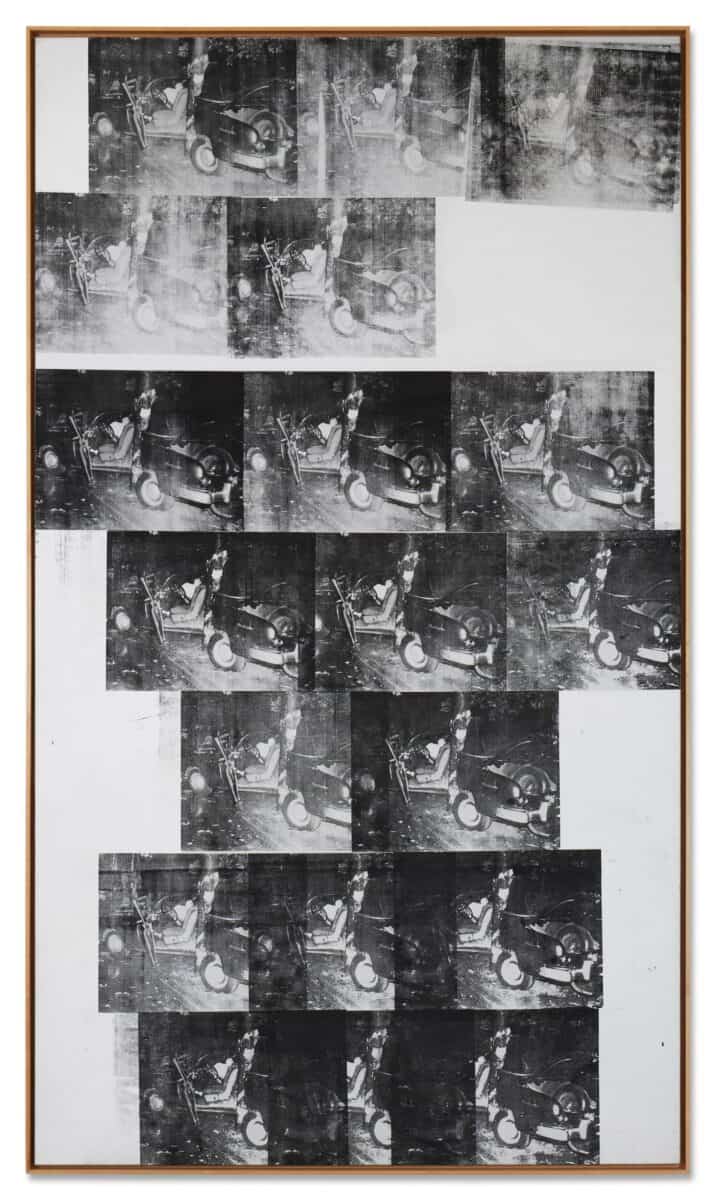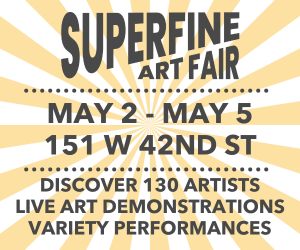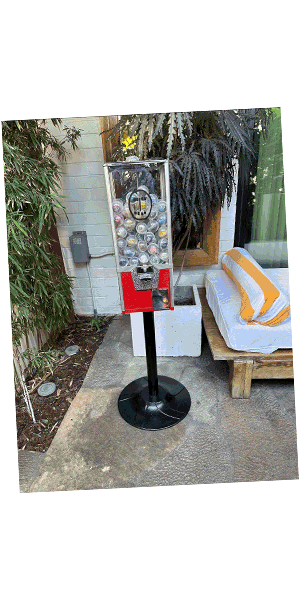
There’s a reason medical experts recommend that anyone who has been in a car accident be evaluated by a professional even if they don’t have visible signs of injuries. Some potentially serious forms of damage don’t show up immediately.
Concussions are a good example. This form of traumatic brain injury (TBI) is surprisingly common and often goes undiagnosed. Given that a concussion can lead to permanent disability if left untreated, it’s wise for accident victims to keep an eye out for tell-tale signs of this kind of serious internal injury for themselves.
Loss of Consciousness
The best-known way to tell if you’ve had a concussion is loss of consciousness. When people strike their heads on windshields, steering wheels, or other objects hard enough to lose consciousness, they always suffer some level of brain trauma. Even if people are out for only a few seconds, they should bring this experience to the attention of their doctors. Also, remember that people don’t always lose consciousness when they get concussions.
Feeling Nauseous
Nausea and vomiting are common symptoms of serious concussions. In some cases, they’re the first thing that alerts an accident victim that they have suffered a concussion. People who have suffered concussions often experience increased nausea, dizziness, and light sensitivity as a result of their injuries.
Confusion and Amnesia
Many people don’t even remember hitting their heads during car accidents, so it should come as no surprise they don’t always realize immediately they are experiencing increased confusion or forgetfulness. Pay attention in the hours and days following a car accident. People who feel confused, have difficulty concentrating on tasks, or start experiencing memory difficulties should see a doctor immediately. They may have suffered serious brain injuries that need treatment.
New or Worsening Headaches
Concussions often cause headaches, though the absence of them should not be seen as proof that an accident victim does not have a concussion. If the new or worsening headaches are accompanied by tinnitus, dizziness, or balance problems, those are even better signs that the person has a concussion.
Disrupted Sleep
People who suffer concussions often find they need more sleep than usual while they recover. However, sleep disruptions can also come in the form of difficulty falling asleep or staying asleep. If an accident victim believes they might have a concussion, it’s worth visiting a medical professional before heading to bed that night. While it’s a myth that people shouldn’t be allowed to sleep after a concussion, there’s no way for observers to tell that a concussion has occurred while the person is sleeping.
Mood Changes
People often experience mood changes following a concussion, although some are not aware of it. Mood changes often include increased irritability, abnormal aggression or nervousness, and depression. When people who were previously experiencing no mental health or mood disorders suddenly develop these issues, it’s usually a sign of a concussion.
What to Do About a Concussion
If an accident victim believes that they have suffered a concussion during a crash, they should visit a doctor immediately. Even if it has been several hours or days since the accident, concussion symptoms such as those described above should be taken seriously. After getting checked out by a physician, those diagnosed with concussions should contact a lawyer to discuss their options regarding compensation for their injuries.





